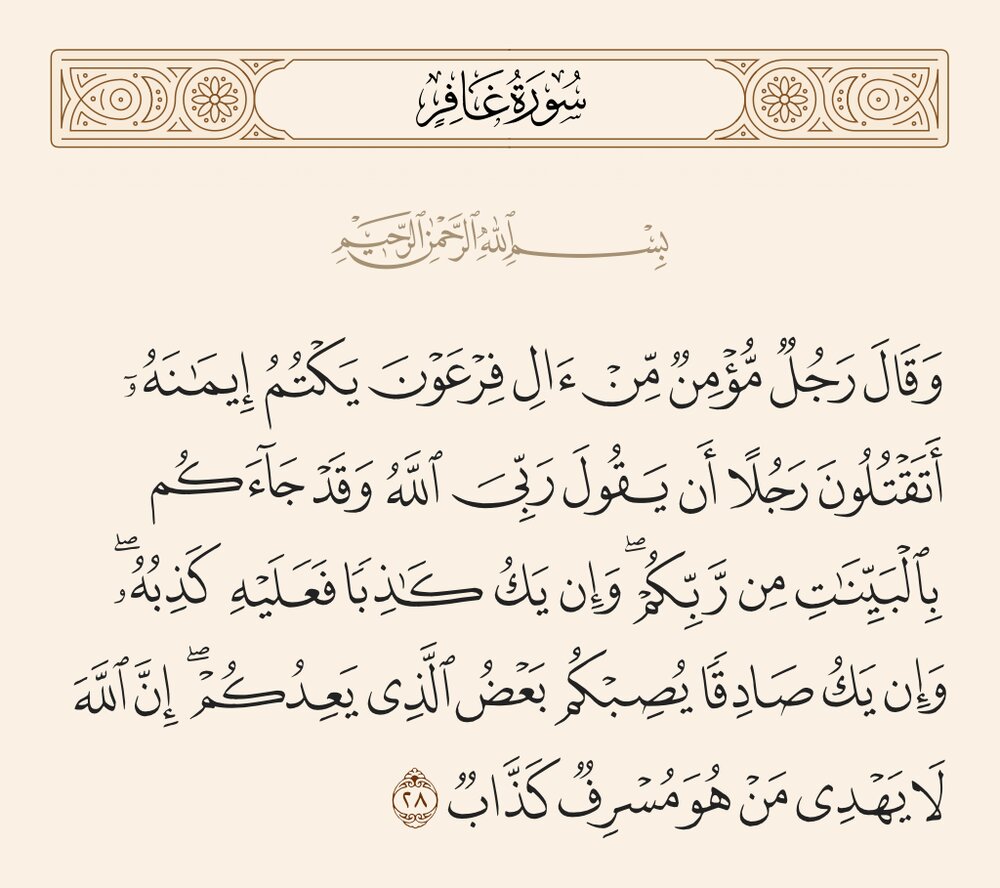Hawzah News Agency – Some drivers carry all the accessories that they may need with them in the boot of the vehicle on a “just in case” basis these might include tire chains, spare tires, car jack, emergency lights etc. while others hit the road without any such provisions and without any foresight on what may potentially happen. Either way, they either will need to use those items or they will not.
Those who are carrying the accessories and who find no difficulty on the road will not have harmed themselves whatsoever except perhaps for a few extra kilograms of weight being lugged around. If something does however, happen, they are prepared for the worst, and no one will be asking why you carried all those accessories. Meanwhile, those who did not carry anything and do fall in to trouble will be asked why they did not come prepared? What will they do now?
So it is important for us to have some foresight into potential and likely events that may happen and be prepared for those. Given the above example, let’s now consider religion.
Prophets have warned us of accountability after death in the resurrection and the laws revolving around it. Some accepted the warnings while others have rejected it. Those who have accepted it would spend some minutes during the day and night talking to God and say their prayers. During the year, a few days would be spent where lunch is delayed until sunset and some things are abstained from during the day.
If we assume there is no accountability, what harm would befall those people and what would they have given up? However, what will those people who did not heed the warnings of the prophets do if they meet the precise accounting of the Lord and they are in front of Him with nothing in their hand?
The reasonable person will seriously consider and heed the warnings even if they do not have certainty of the hereafter and the day of resurrection and for the sake of the possibility of accountability would ready themselves for such a day.
Once Pharaoh decided to kill Moses AS, one of the advisors around Pharaoh who had faith but concealed it from him asked if he would kill anyone one who said my Lord is Allah SWT and brought clear evidence of such a claim?
If he lies, then it would be to his own detriment and if he says the truth, the promise of hardship and punishment given to those who reject will surely arrive.
وَإِن يَكُ كَاذِبًا فَعَلَيْهِ كَذِبُهُ ۖ وَإِن يَكُ صَادِقًا يُصِبْكُم بَعْضُ الَّذِي يَعِدُكُمْ
“If he is a liar, his lying is upon his own head; but if he is truthful, somewhat of that he promises you will smite you.”1
1. Ghafir 40:28.
Taken from "Parables: Important questions & Simple answers" written by Muhsin Qara'ati



Your Comment